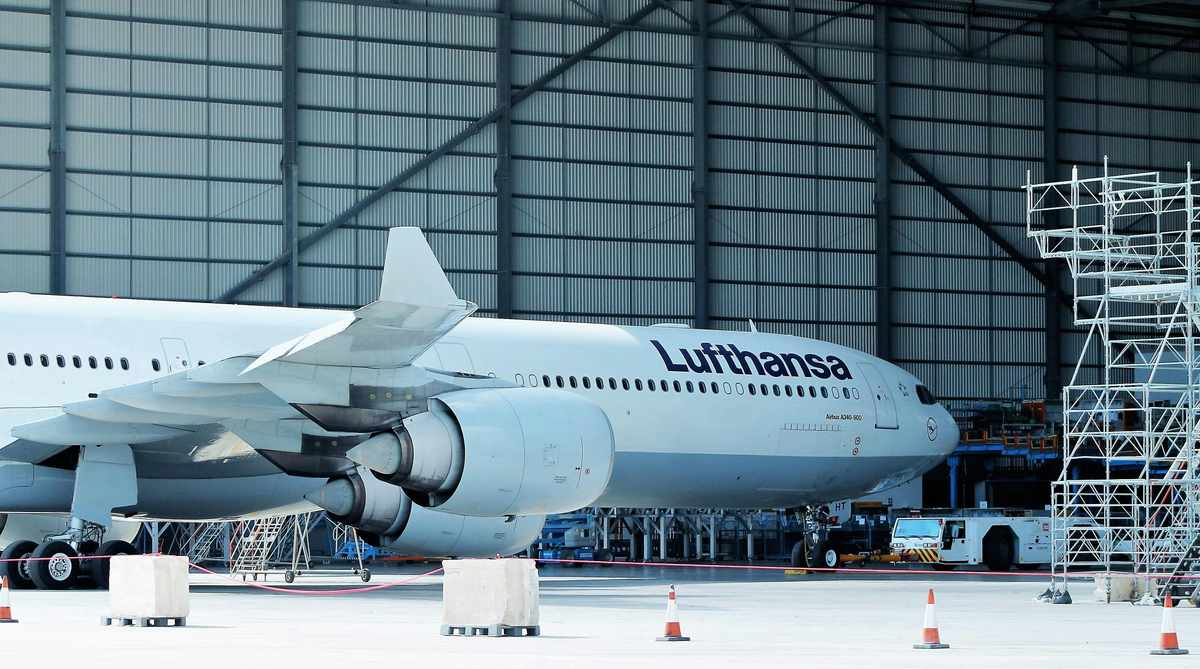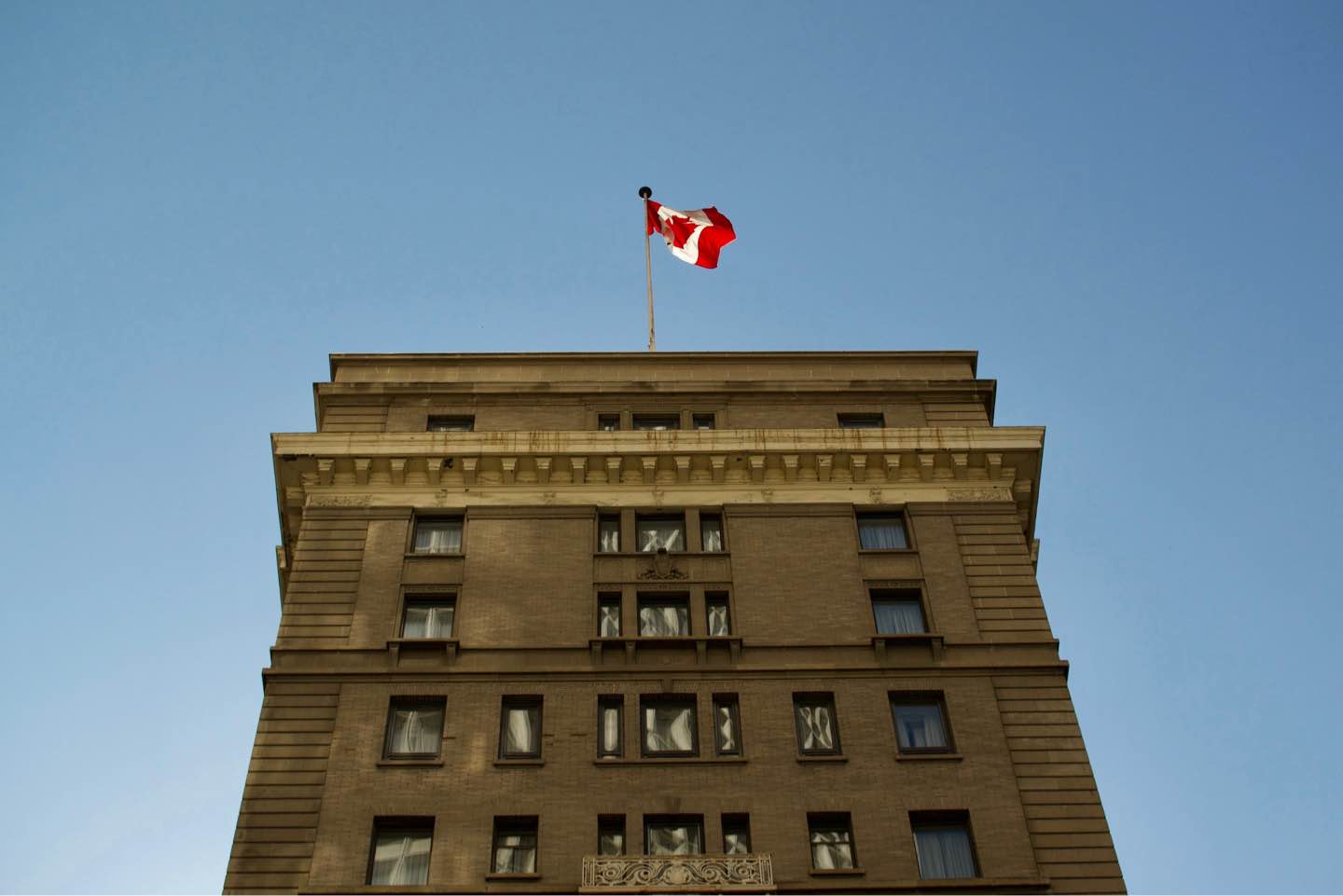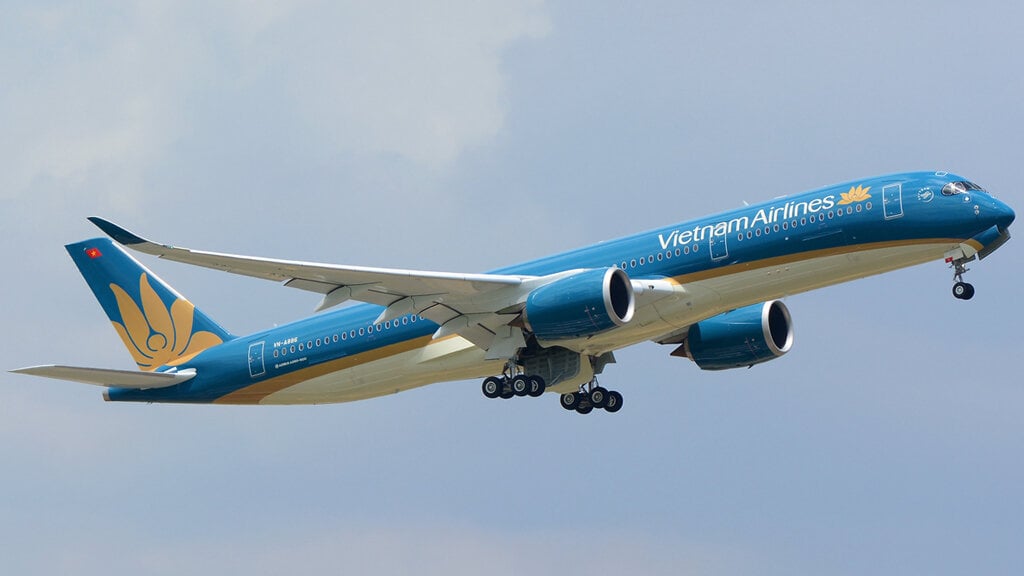(PORTUGAL) Lufthansa Group has confirmed it wants a stake in TAP Air Portugal, formally joining the Portuguese government’s long‑planned privatization of the national carrier in a move that could reshape flight links for millions of travelers, including immigrants who depend on TAP’s routes between Europe, Africa, South America, and North America. The German airline group said it submitted its expression of interest on 20 November 2025 to Parpública, the Portuguese state holding company in charge of the sale, just days before the 22 November 2025 deadline.
What the privatization offers and the ownership plan

Under the terms set by Lisbon, the government is offering up to 44.9% of TAP Air Portugal’s shares to a strategic investor, while reserving an extra 5% for employees. The state plans to keep 50.1%, staying on as majority owner even after the privatization.
This ownership structure is intended to:
- Bring private capital and management expertise to TAP.
- Preserve continued political control over a carrier that is central to Portugal’s economy and tourism.
- Protect TAP’s role connecting Portugal to its global diaspora.
Who’s in the running
Lufthansa Group is not the only heavyweight in the race. Air France‑KLM and International Airlines Group (IAG) — parent company of British Airways and Iberia — have also expressed interest.
- The presence of three major European airline groups underlines how prized TAP’s network is, especially for long‑haul flights linking Lisbon to Brazil and several African countries with large Portuguese‑speaking communities.
- For migrants who rely on these routes, the final choice of partner could affect ticket prices, connection options, and the long‑term strength of these air bridges.
Lufthansa’s pitch and assurances
In its announcement, Lufthansa Group framed its bid as a promise of partnership rather than a takeover. It said it aims to:
- Build a long‑term relationship with TAP Air Portugal
- Support Portugal’s “global connectivity”
- Protect TAP’s Portuguese identity
- Back “sustainable growth”
Lufthansa pointed to its record of bringing other national carriers into the group — including SWISS, Austrian Airlines, Brussels Airlines, and ITA Airways — while keeping their national brands and home‑country flavor. That history will be closely examined in Lisbon by unions and migrant communities seeking reassurances that TAP won’t lose its character or reduce service to countries with strong Portuguese roots.
“Our goal is to strengthen Portugal’s global connectivity, preserve TAP’s Portuguese identity, and ensure the airline’s sustainable growth,” said Lufthansa Group CEO Carsten Spohr.
He added that TAP Air Portugal has “great strategic importance” for European aviation and highlighted Lufthansa’s investments in Portugal, arguing that the group is “the best partner for TAP and for Portugal.”
That message appears aimed at both the government and the wider public, including the large community of Portuguese citizens and dual nationals who move between Portugal and countries such as Brazil, Angola, Canada 🇨🇦, and the United States 🇺🇸.
Legal conditions and protections in the privatization law
The privatization law approved in Lisbon sets strict conditions for any investor:
- Must keep TAP’s operations based at hubs in Lisbon, Porto, and Faro
- Required to maintain the TAP brand
- Expected to grow the airline’s fleet
- Must invest in local projects producing Sustainable Aviation Fuel (SAF)
These measures were designed to calm fears that a foreign buyer might shift jobs or routes away from Portugal or weaken TAP’s long‑haul focus. For migrants, temporary workers, and international students who depend on direct flights or single‑stop connections, the legal promise to keep these hubs active will be monitored closely.
Financial background and recent performance
Portugal previously provided a large bailout to TAP during the COVID‑19 pandemic. Key figures:
| Item | Amount / Detail |
|---|---|
| Bailout during COVID‑19 | €3.2 billion |
| TAP’s profit in 2025 (first 9 months) | €55.2 million |
| Change vs same period in 2024 | down 35.2% |
The government hopes to recover some of the bailout money through privatization while keeping control of strategic transport links. TAP’s return to profit in 2025 strengthens the state’s negotiating position, even though earnings have fallen.
Selection criteria beyond price
Officials have signaled the decision will not be based solely on price. Selection criteria include:
- Operational and management strength
- Ability to run complex international networks
- Capacity to coordinate schedules, fleets, and staff
- Plans for long‑term investment and fleet growth
Lufthansa emphasizes its record of integrating national carriers while preserving brands. Air France‑KLM and IAG also present strong cases, given their experience with multi‑brand groups and large long‑haul networks.
How the outcome could affect passengers and migrants
Ownership changes often lead to adjustments in schedules, route frequencies, and pricing models. Possible impacts include:
- Addition or reduction of long‑haul flights to North America or Africa
- Rerouting traffic through other hubs
- Changes in connection frequencies or ticket costs
Those affected include:
- Students traveling from Brazil to Portuguese universities
- Seasonal workers from Cape Verde and other countries
- U.S. residents of Portuguese origin traveling on Schengen visas
Such changes matter for everyday mobility — booking consular interviews, attending residence‑permit renewals, or meeting visa appointment deadlines.
Practical link to visa procedures
Flight reliability and hub strength can influence the ability to meet visa requirements. For example, many travelers who need a U.S. nonimmigrant visa must complete Form DS-160 via the U.S. Department of State’s portal at https://travel.state.gov/content/travel/en/us-visas/tourism-visit/visitor.html. Reasonable schedules and reliable flights help people attend in‑person appointments without extra delays or costs.
What privatization does not change
- It will not change border rules themselves: Schengen regulations and Portugal’s national rules for residence permits and family reunification remain in force.
- What may change is how easily people can move within those rules: number of direct flights, frequency of connections, and service to smaller communities with strong migrant ties.
Employee stake and internal dynamics
The government’s reservation of a 5% stake for employees adds another dimension:
- Staff will have a formal share in the company’s future
- Employees who work directly with international travelers (ground agents, cabin crew) may influence internal debates about route and staffing changes
- Their pandemic and recovery experience will shape responses to any proposed changes affecting migrant‑heavy markets
Timeline and next steps
- Officials want the privatization wrapped up by the end of 2025.
- This leaves roughly a year from Lufthansa’s November expression of interest to complete negotiations, regulatory reviews, and approvals.
- Rival groups are expected to refine their proposals, emphasizing how they would preserve or improve TAP’s role as a bridge between Europe and Portuguese‑speaking countries.
For now, Lufthansa Group’s public pledge to preserve TAP’s identity and hub structure, along with its experience integrating other national carriers, positions it as a clear frontrunner. However, Air France‑KLM and IAG remain serious contenders, leaving Lisbon multiple options to balance financial recovery, tourism and trade needs, and the daily travel requirements of migrants who connect Portugal to the wider world.
Lufthansa Group filed its expression of interest on 20 November 2025 to buy up to 44.9% of TAP Air Portugal, joining rivals Air France‑KLM and IAG. Portugal will keep 50.1% control and reserve 5% for employees. The privatization law mandates preserving TAP’s brand and hubs in Lisbon, Porto and Faro, fleet growth and SAF investments. Selection will weigh operational strength and long‑term commitments, with a final decision targeted by the end of 2025.













